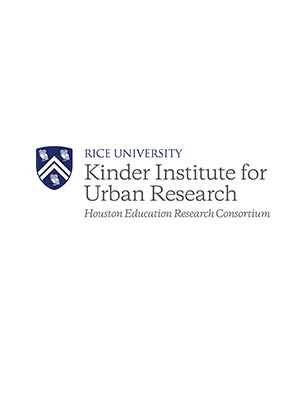The number of English learners (ELs) who do not reclassify as English proficient in the first five years of schooling has increased across the state of Texas. ELs are a diverse population of students with varying levels of English proficiency. Many students who begin school as an EL reclassify as English proficient in a timely manner and go on to achieve academic success. Students who remain EL after five years in school are considered “long-term English learners” (LTELs). Research has shown that LTEL status corresponds with negative academic outcomes, such as lower test scores, higher risk of drop out, and lower on-time high school graduation rates.
Between the 2000-01 and 2014-15 school years, the percent of first graders who began school as ELs has increased slightly. In contrast, the percent of ELs who go on to become LTELs during this same time frame has increased by almost 90 percent. Similar trends were found in many urban and non-urban areas throughout the state. The increased proportion of EL students becoming LTEL threatens to undermine the educational success of EL students in Texas. This brief highlights the increasing percent of ELs becoming LTEL in the last two decades, and points to a set of mechanisms that may serve to explain this increase.
Photo: Javier Trueba/Unsplash






